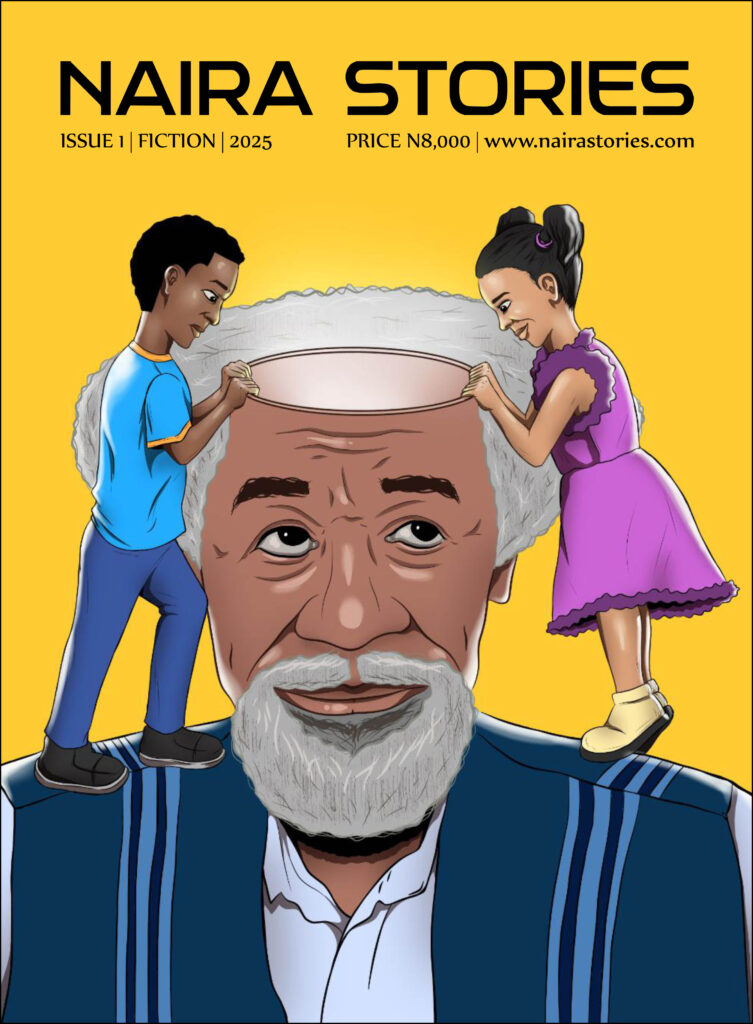A Kano family has been thrown into mourning after losing five children to diphtheria, in a recurrence of the disease that has continued to ravage the state despite government efforts to curtail its spread.
The tragedy that befell the family of Malam Yusuf Maitama, in Ungogo Local Government Area (LGA) of the state, has once again drawn attention to the persistent diphtheria outbreak.
It comes less than a year after a similar incident in Gaida, Kumbotso LGA, where another household lost three children within a week, highlighting the recurring devastation caused by the disease.
Between 2023 and 2024, Kano was at the epicentre of Nigeria’s diphtheria crisis, with the state health ministry reporting more than 10,000 confirmed cases and nearly 1,000 deaths, the majority of them children.
At the height of the outbreak, the Federal Government and international partners launched a mass vaccination campaign across high-risk states, with Kano singled out for intensified response due to its high case fatality rate.
Speaking after the deaths, Maitama described the devastation in his home. “In the space of two weeks, I buried five of my children. The sickness started like a common cough, but within days, they could no longer breathe properly. Before we could get help, we lost them one after the other. I am left with only two children now,” he said, struggling to hold back tears.
The Kano State Ministry of Health confirmed the deaths, adding that teams had been deployed to trace contacts and assess the risk of further spread in the community. A senior official said investigations showed the children had not been fully vaccinated against diphtheria, pointing again to low immunisation coverage as a driver of repeated fatalities.
Experts warn that despite the availability of vaccines, lapses in uptake and community resistance remain major obstacles. Health workers in the state say many families either fail to complete the prescribed three-dose pentavalent vaccination or refuse entirely due to misinformation, leaving children vulnerable.
A doctor at Murtala Muhammad Specialist Hospital, who asked not to be named, said: “We are seeing preventable deaths. Diphtheria is not new and vaccines work, but unless we achieve herd immunity, tragedies like this will keep happening.”
Kano State had earlier partnered with the World Health Organisation, UNICEF, and Médecins Sans Frontières to intensify routine immunisation and provide free treatment for diphtheria cases. Isolation wards were designated at major hospitals, while mobile vaccination teams were deployed to underserved communities.
However, despite these efforts, recent figures suggest the disease continues to circulate in areas with poor compliance, creating a cycle of outbreaks and avoidable deaths.
For Maitama, the loss is irreparable, but he hopes his story will prompt other parents to take immunisation seriously. “If I had known it would end like this, I would have done everything possible to protect them. I do not want any other father to feel this pain,” he said.




